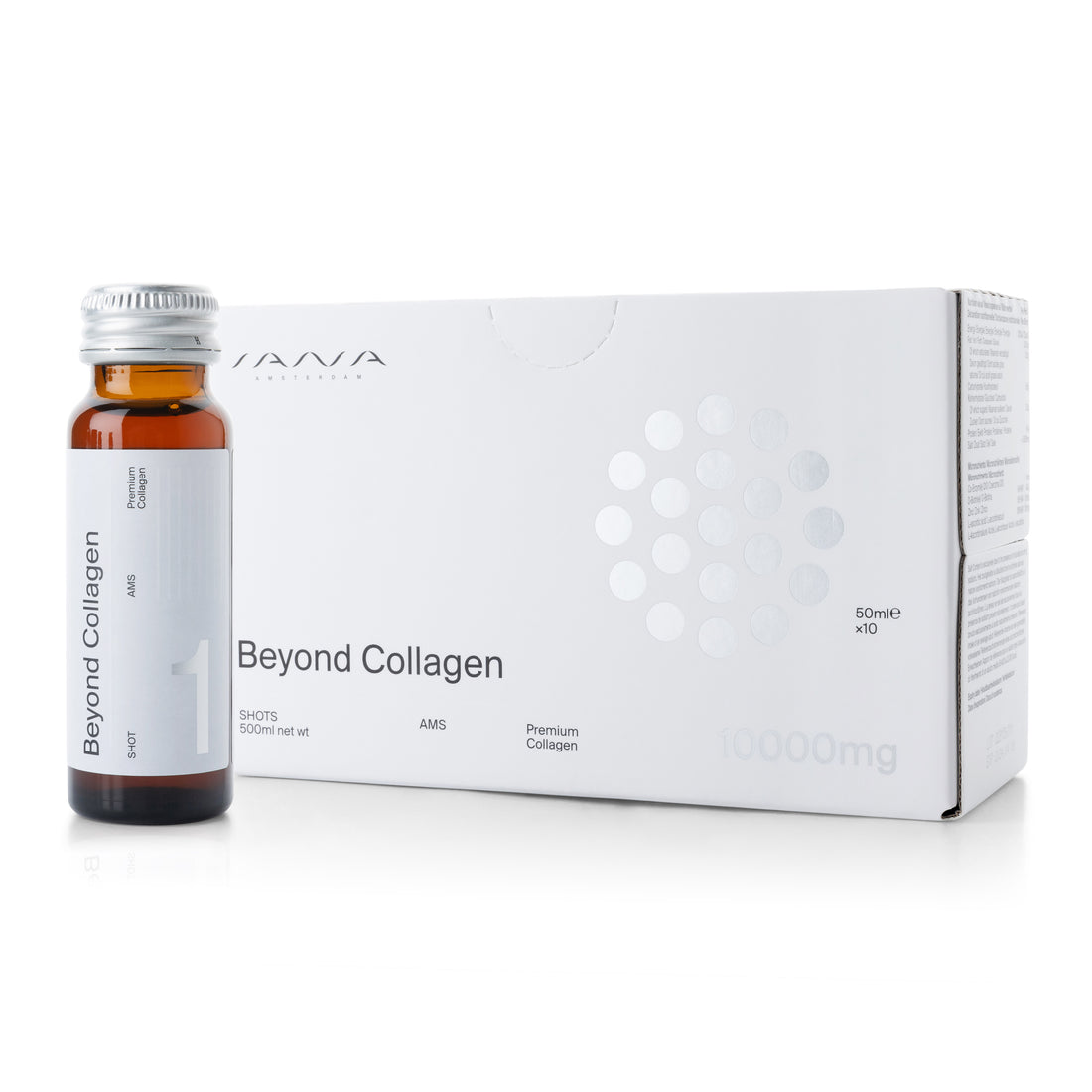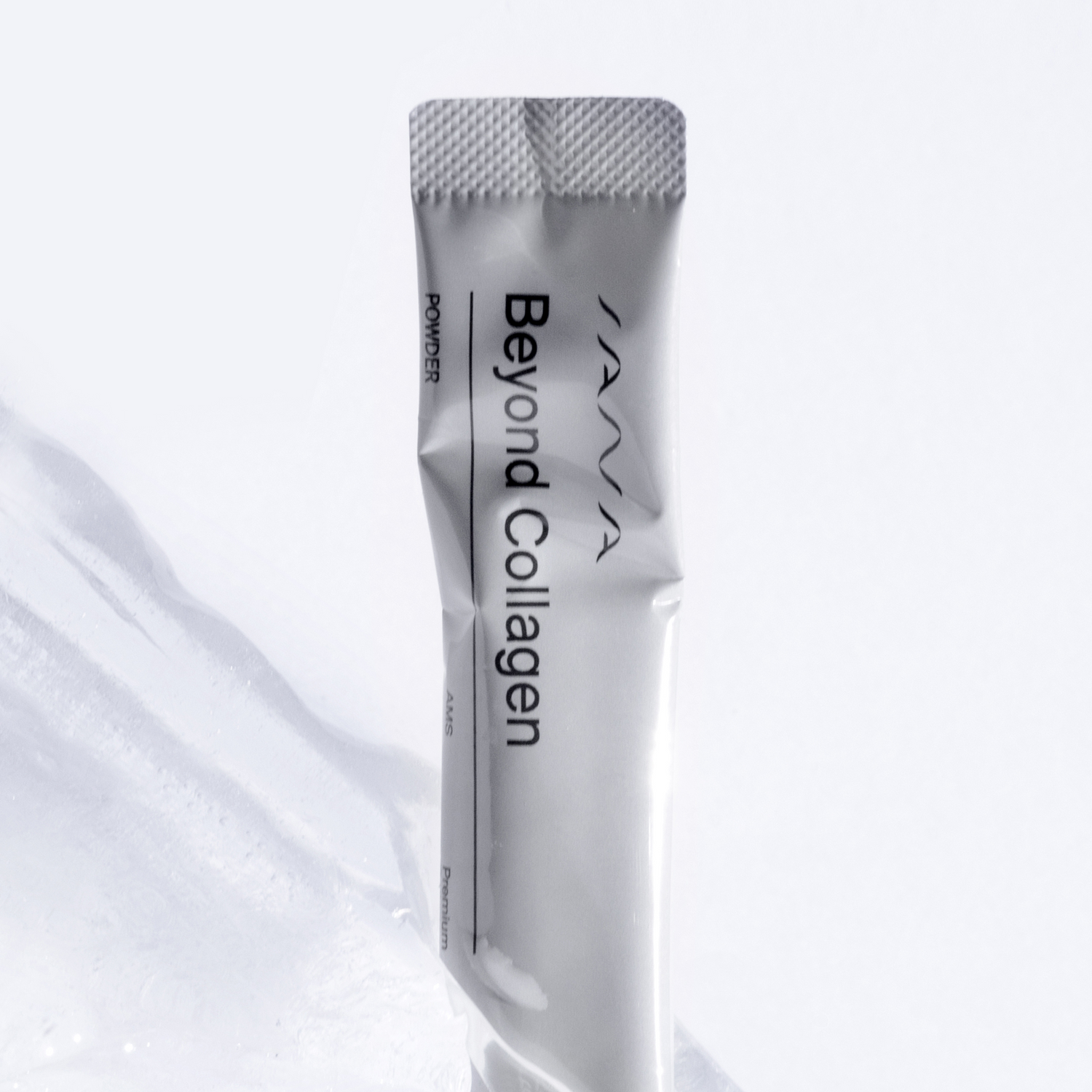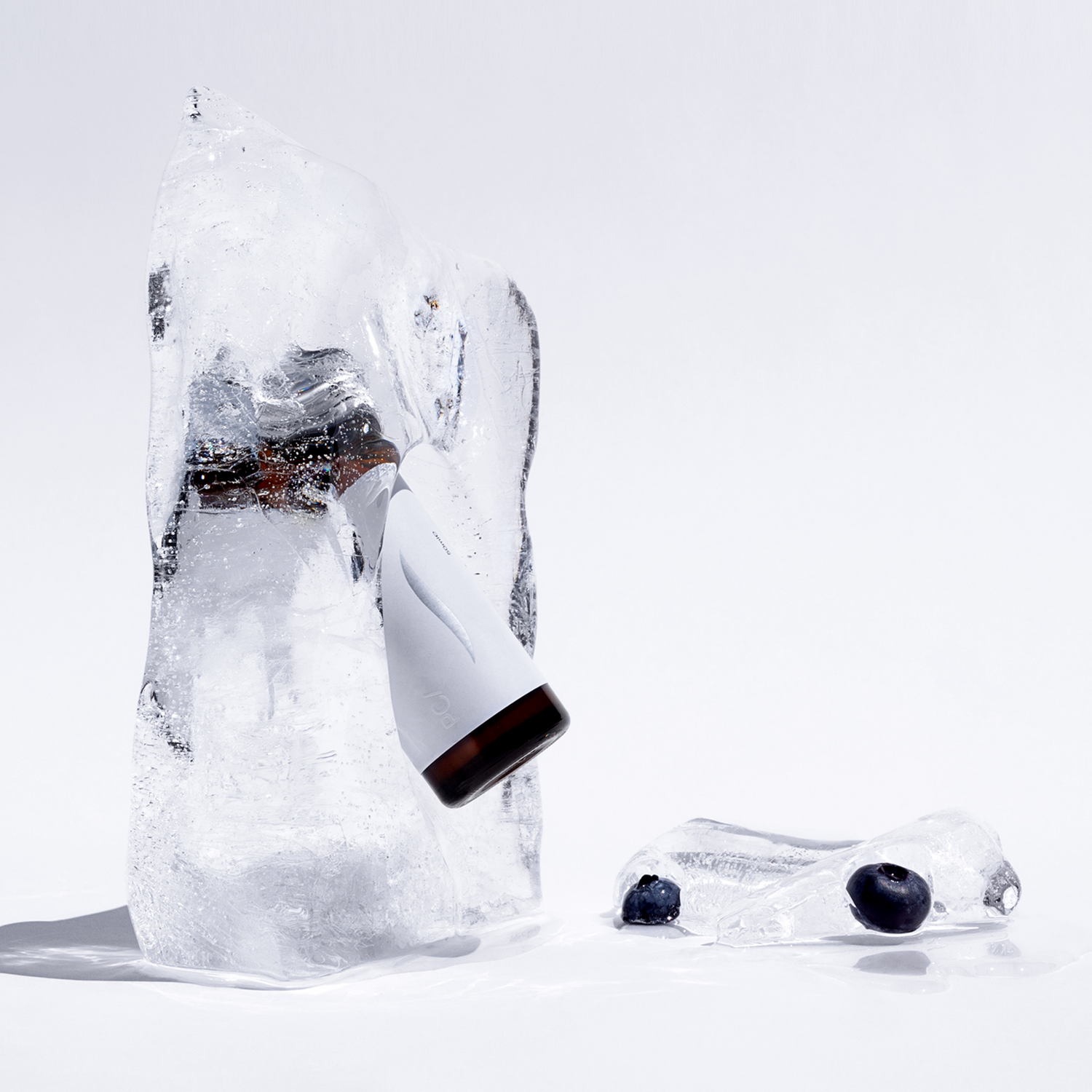In the world of collagen supplements, the debate often centers around the source: marine or bovine. At SANA Amsterdam, we believe in providing our community with insights to make informed choices. In this article, we’ll explore the differences between marine and bovine collagen.
1. Source and Sustainability
Marine Collagen: Derived from fish skin and scales, marine collagen is often hailed for its eco-friendliness. As it's sourced from parts of the fish that are typically discarded, it promotes sustainable use of marine resources.
Bovine Collagen: Extracted from cow hides, bones, and cartilage, bovine collagen's sustainability can be questionable. The livestock industry has a significant environmental footprint, from water consumption to greenhouse gas emissions.
2. Bioavailability: The Absorption Factor
Marine Collagen: Marine collagen boasts a smaller particle size compared to its bovine counterpart. This means it’s more easily absorbed by the body, ensuring you get the most out of your supplement.
Bovine Collagen: While still beneficial, bovine collagen molecules are larger and might not be as efficiently absorbed by the body.
3. Quality
Marine Collagen: Marine collagen, especially when sustainably sourced from the Atlantic and the pristine waters of Norway as with SANA Amsterdam’s products, ensures exceptional quality. The controlled environments from which marine collagen is derived often lead to a more consistent and premium product. Moreover, for those concerned about land animal-derived ingredients, marine collagen emerges as a clear choice.
Bovine Collagen: While bovine collagen can be of good quality, its sourcing varies greatly. Factors such as the cow's diet, age, antibiotics and the extraction process can influence the final product's quality. Those who prioritize consistency and quality might find marine collagen a more reliable choice.
4. Type of Collagen and Benefits
Marine Collagen: Predominantly type I collagen, marine collagen is best known for promoting skin health. It supports skin elasticity, hydration, and overall radiance.
Bovine Collagen: Contains less type I collagen (in comparison to marine collagen) but also contains more type III collagen. Offers (presumably less) skin benefits and some benefits for bones and cartilage.
In Conclusion
While both marine and bovine collagen have their merits, marine collagen offers a compelling blend of sustainability, superior absorption, purity, and exceptional benefits for skin health. At SANA Amsterdam, our choice to offer high-quality Norwegian marine collagen isn't just a trend; it's rooted in delivering the best for our community. Dive into the world of marine collagen with us and experience the elevated benefits for yourself.







